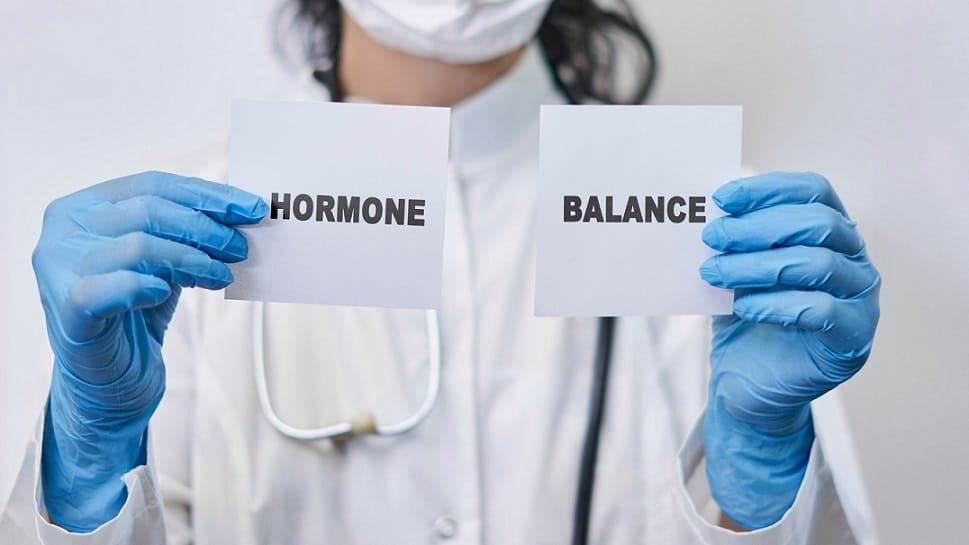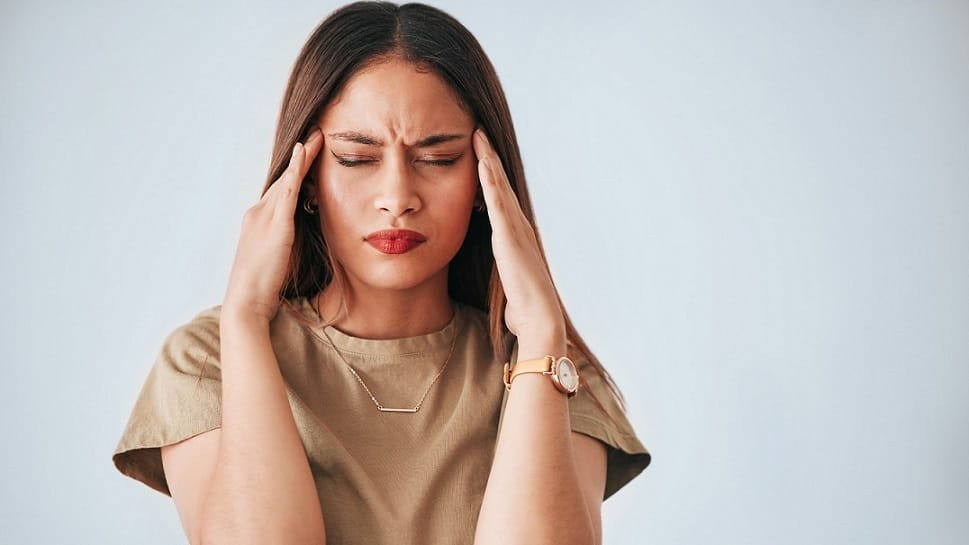Introduction:
Hey there, ladies! We all know that our bodies are amazing, complex systems, and hormones play a vital role in keeping everything in check. But what happens when these hormones decide to throw a little party of their own? Hormonal imbalances can disrupt the harmony of your body, affecting both your mental and physical well-being. In this blog post, we’ll dive into the world of hormones, understand their impact, and discuss some tips to stay balanced and healthy.
Understanding Hormonal Imbalances:
Hormones are like the body’s messengers, regulating various processes such as your menstrual cycle, mood, and even metabolism. When they get out of whack, it can lead to a rollercoaster of emotions and physical discomfort. Some common hormonal issues in women include Polycystic Ovary Syndrome (PCOS), thyroid disorders, and perimenopause/menopause.
The Mental Impact:
Mood Swings: Hormonal imbalances can lead to mood swings, irritability, and even depression. It’s not uncommon to feel like you’re on an emotional rollercoaster.
Anxiety and Stress: Imbalanced hormones can increase anxiety levels, making it harder to manage stress and relax.
Sleep Disturbances: Hormones play a role in regulating your sleep cycle, so imbalances can lead to insomnia or restless nights.
The Physical Impact:
Irregular Periods: Hormonal imbalances can result in irregular or heavy periods, making it difficult to predict your cycle.
Weight Fluctuations: Hormones can influence your metabolism and appetite, potentially causing weight gain or loss.
Skin Troubles: Acne and skin issues can be a common physical symptom of hormonal imbalances.
Hormonal Imbalance and Facial Hair Growth:
Facial hair growth in women, often referred to as hirsutism, can be influenced by hormonal imbalances. One of the primary factors responsible for this condition is an excess of androgens, which are male hormones like testosterone. Here’s how hormonal imbalances can lead to changes in facial hair growth:
Excess Androgens: When there is an overproduction of androgens in a woman’s body, it can lead to increased facial hair growth. Androgens stimulate the hair follicles, causing thicker and more coarse hair to grow in areas where men typically have facial hair, like the upper lip, chin, and jawline.
Polycystic Ovary Syndrome (PCOS): PCOS is a common hormonal disorder in women characterized by elevated androgens. Women with PCOS often experience hirsutism due to the hormonal imbalances associated with the condition.
Adrenal Gland Disorders: Disorders of the adrenal glands, such as congenital adrenal hyperplasia, can lead to excessive androgen production and, consequently, increased facial hair growth.
Menopause: Hormonal changes during menopause can also affect facial hair growth. As estrogen levels decline, the relative influence of androgens increases, which may result in unwanted facial hair.
Loss of Scalp Health due to Hormonal Imbalance:
Hormonal imbalances can also have an impact on the health of the scalp, potentially leading to issues like hair loss and scalp conditions. Here’s how it works:
Thinning Hair: Hormonal imbalances, particularly those related to changes in thyroid hormones or post-pregnancy shifts, can lead to hair thinning. The hair may become finer, and the growth cycle may be disrupted, causing less hair to grow.
Alopecia Areata: This autoimmune condition can be triggered or exacerbated by hormonal imbalances. It causes sudden hair loss in round patches on the scalp and other parts of the body.
Telogen Effluvium: Stress, which can be influenced by hormonal changes, is a common cause of telogen effluvium, a condition where a large number of hair follicles prematurely enter the resting phase, leading to excessive hair shedding.
Dandruff and Scalp Dermatitis: Hormonal imbalances can make the scalp more prone to conditions like dandruff and scalp dermatitis. These issues can cause itching, flaking, and discomfort.
It’s important to note that the exact relationship between hormonal imbalances and these hair and scalp issues can vary from person to person. If you’re experiencing any of these symptoms, it’s advisable to consult with a healthcare professional or a dermatologist. They can help identify the underlying cause of your condition and recommend appropriate treatments or interventions to manage it.
Tips for a Balanced Life:
Healthy Diet: Eating a balanced diet with plenty of fruits, vegetables, and whole grains can help regulate hormones.
Exercise Regularly: Physical activity can improve hormone balance and reduce stress.
Get Enough Sleep: Prioritize a consistent sleep schedule to help regulate hormonal rhythms.
Seek Professional Help: If you suspect a hormonal imbalance, don’t hesitate to consult a healthcare professional.
Hormonal imbalances are a challenge, but they’re also manageable. By understanding the connection between hormones and your mental and physical well-being, you can take proactive steps to lead a balanced and healthy life. Remember, you’re not alone in this journey, and there’s support available to help you regain control over your hormones and overall well-being.
Incorporating these strategies into your daily life can make a world of difference. Here’s to happier hormones and a happier you!
I hope you find this blog post helpful and informative. If you have any specific questions or need more information on any of these topics, feel free to ask!




